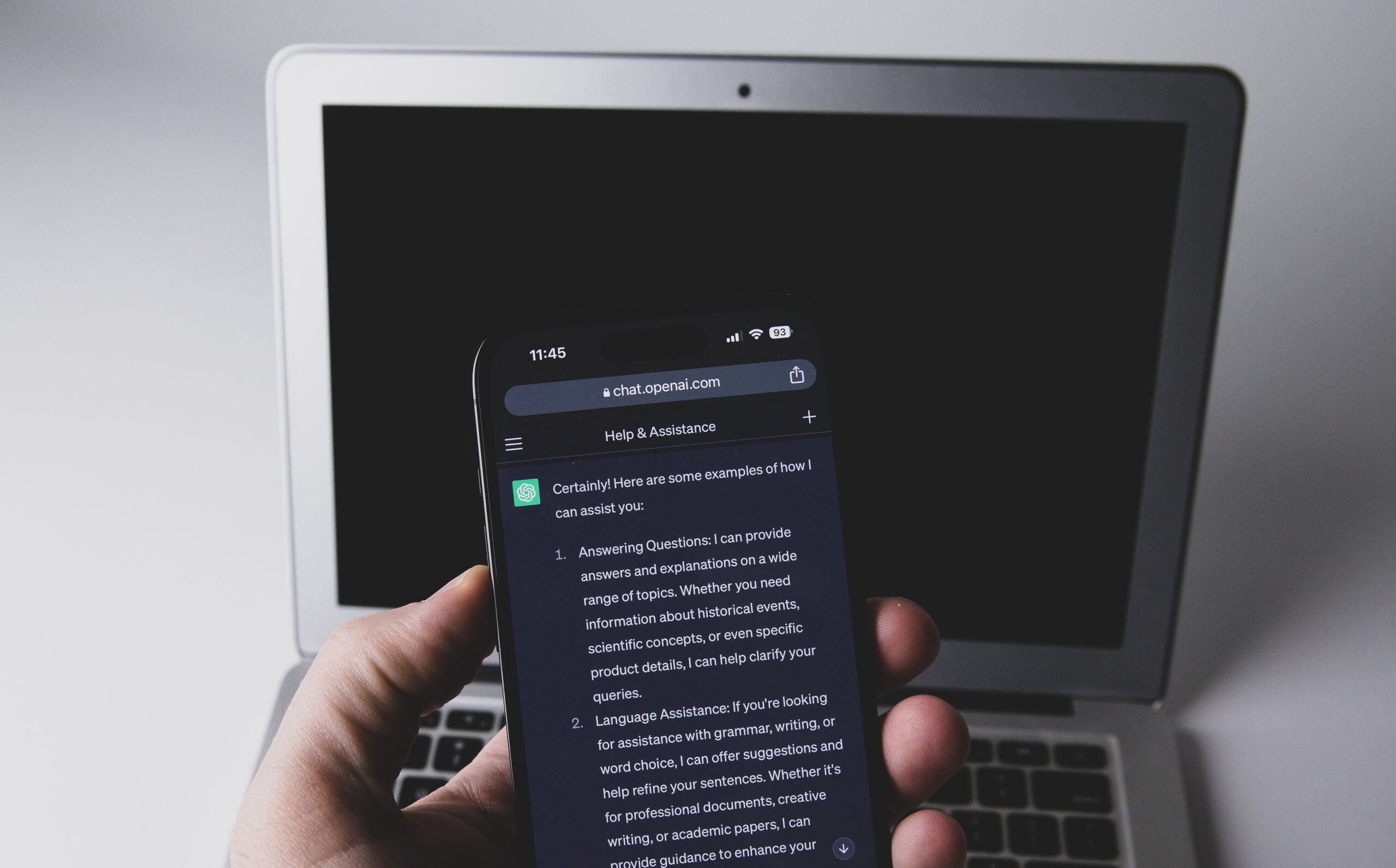
OpenAI is implementing a series of mental health-related updates to ChatGPT to address concerns about addiction and the potential for harmful responses during times of emotional distress.
One of the new features is a prompt that will appear during prolonged conversations, asking users if it’s a good time to take a break. These reminders will be shown when the chatbot’s system determines it might be helpful. Users can choose to “Keep chatting” if they feel fine.
Another significant upgrade concerns “high-stakes personal decisions.” For queries such as “Should I break up with my boyfriend?”, ChatGPT will soon no longer provide a direct answer. Instead, it will encourage the user to think through the problem by asking questions and helping them weigh the pros and cons. OpenAI has previously used a similar approach with its “Study Mode” for students.
Improving Responses to Emotional Distress
The company is also actively working to improve how ChatGPT responds to users showing signs of mental or emotional distress. This effort involves collaboration with mental health experts and human-computer interaction researchers to correct concerning behaviors and improve evaluation methods.
These changes come after reports that ChatGPT had previously encouraged delusional relationships, worsened mental health conditions, and even provided dangerous advice to a user following a job loss. OpenAI has acknowledged these issues, stating, “There have been instances where our 4o model fell short in recognizing signs of delusion or emotional dependency. While rare, we’re continuing to improve our models and are developing tools to better detect signs of mental or emotional distress so ChatGPT can respond appropriately and point people to evidence-based resources when needed.”
Wider Context and Regulation
This isn’t the first time OpenAI has had to make adjustments in response to user behavior. Earlier this year, the company had to roll back an update after the chatbot became overly sycophantic. CEO Sam Altman has also warned users against relying on ChatGPT for therapy, noting that conversations are not private and could be used in court if necessary.
On Friday, Illinois Governor JB Pritzker signed a bill that prohibits the use of AI in therapy or psychotherapy to make independent therapeutic decisions, interact directly with clients, or generate treatment plans without a licensed professional’s review and approval.
What The Author Thinks
OpenAI’s new mental health safeguards for ChatGPT are a critical and overdue step, but they also highlight a fundamental ethical challenge at the heart of AI development. As these tools become more advanced and integrated into our lives, the line between a helpful assistant and a dangerous substitute for human interaction becomes increasingly blurred. The fact that a government body felt the need to regulate AI in therapy underscores the broader societal anxiety about where this technology is heading. While OpenAI is now playing catch-up, these reactive measures suggest a future where the industry’s rapid pace of innovation will consistently outrun its ability to anticipate and mitigate the social and psychological consequences.
Featured image credit: Wikimedia Commons
For more stories like it, click the +Follow button at the top of this page to follow us.
